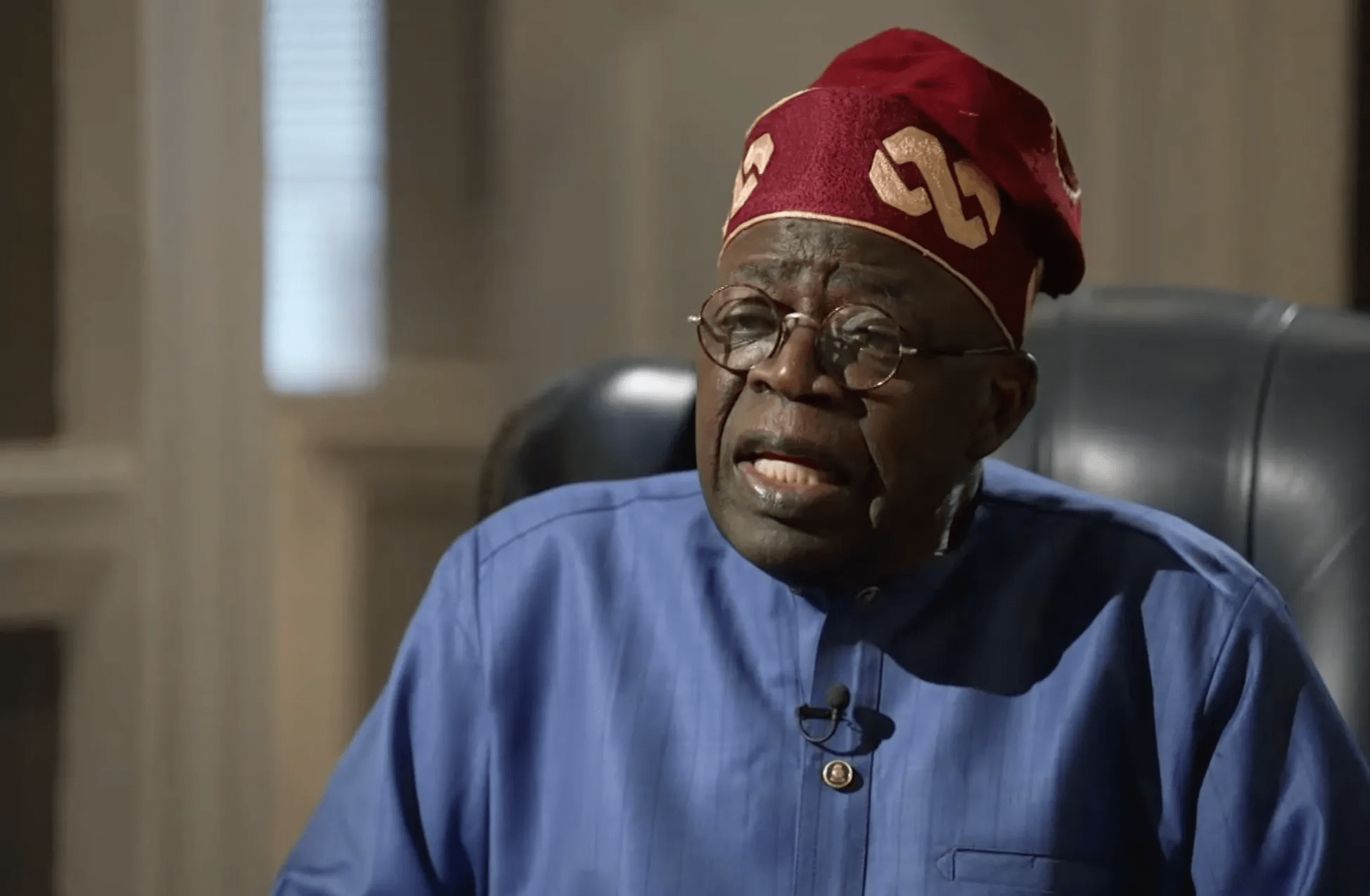
The fresh call by the Southern and Middle Belt Leaders Forum, urging President Bola Tinubu to lead efforts to restructure Nigeria to a true federal state, as it was in the First Republic, is a wise and pragmatic counsel. Indeed, the message from this wide-ranging platform, comprising the pan-Yoruba socio-cultural organisation, Afenifere; the apex Igbo socio-cultural organisation, Ohanaeze Ndigbo Worldwide; the Pan-Niger Delta Forum, and the Middle Belt Forum, resonates as the country is suffocating under the weight of its current unworkable ‘unitary federalism.’
Among other notable observations, the SMBLF warned that Nigeria’s future is bleak without restructuring. That is sobering but true. Calling for a change, the group said, “The Federal Government should, as a matter of urgency, and priority, work towards the restructuring of the country and enthrone true federalism as was originally entrenched in the 1960 and 1963 constitutions.” With Nigeria populated by over 250 major and minor ethnic nationalities, this is the realistic option.
Currently, there is so much animosity, distrust, allegations of marginalisation, and a palpable sense of injustice among the various nationalities. In turn, this has triggered widespread insecurity, inertia, and divisive tendencies and fears of an imminent implosion.
A longtime advocate of restructuring, Afe Babalola, an elder statesman, agrees: “Without restructuring, the deep-rooted mistrust, fuelled by a sense of historical injustice, suppression and oppression by the diverse constituent members will continue to heat up the nation, making it to remain a ‘pressure cooker’ of insecurity, terrorism, and extremism that the country has fast become.”
Therefore, Tinubu must urgently heed this counsel, by lending the influence of his office to efforts to mobilise the country to rearrange the country into a true federation.
Urgently, the President and federal and state legislators should target the immediate devolution of policing, enthronement of fiscal federalism, and reduction in the immense powers conferred on the central government by the 1999 Constitution.
A golden marker in all the world’s 24 other federal states is decentralised policing. The United States, Germany, Belgium, Canada, Sweden, Switzerland, Australia, and Canada, among others, all operate and combine state and local policing with federal police forces. In Nigeria, where insecurity has reached dangerous levels and the military is deployed in virtually all the 36 states and Federal Capital Territory, there is a single federal police force. Criminals of various hues exploit this aberration to commit crimes and destabilise the country.
Faced with harsh economic headwinds and high levels of poverty, the absence of fiscal federalism constrains productivity at the sub-national level. Instead, the states and the local governments depend mainly on the monthly sharing of income, largely generated from the oil resources in the Niger Delta.
Currently, the Federal Government takes the bulk of accruable revenue. This template needs to change to reverse prevailing poor human development indices, including the 20.2 million children out-of-school figure, 86 million lacking access to electricity, 70 million without potable water supply, and a huge housing deficit estimated at between 18 million and 30 million units.
While fighting in the trenches with other patriots for democracy under the military – and while in opposition – Tinubu had also clamoured for restructuring. His silence today is therefore curious.
Restructuring is necessary to unleash the immense potential of the states. Tinubu should lead that process, mobilising the National Assembly, the state assemblies, governors, and other stakeholders for the project. He should revisit the reports of the past constitutional conferences which made some far-reaching recommendations on federalism.
It is only by restructuring that Nigeria can be cured of many of its ills. The President should not disappoint Nigerians.





